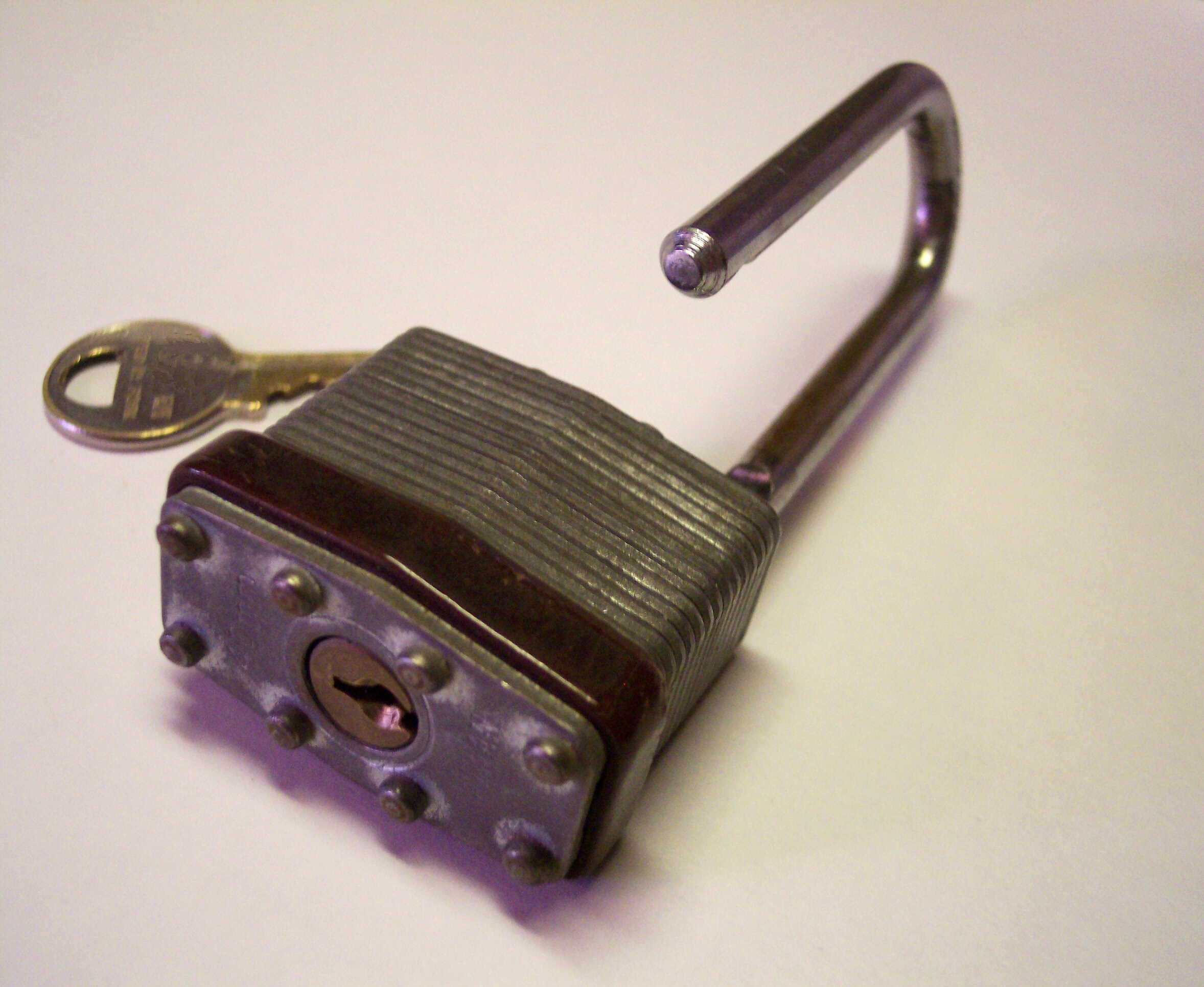
14 Aug You can’t unlock pension loan rules
Photo: cohdra/morguefile.comQ. I took a pension loan when I was still employed, but I lost my job and now I have to pay back the $17,000 pension. Social Security is my only income since unemployment ran out. Can I use a 72(t) for this money, which I can’t afford to pay back and I will owe taxes on? I’m 65.
— Need help
A. We’re afraid we don’t have great news for you.
For starters, you can’t use 72(t), which is an IRS exception to the 10 percent penalty you’d owe for a withdrawal before age 59 1/2.
You were older than 59 1/2 when you took the pension loan.
Internal Revenue Code Section 72(t) only applies if you’re under 59 1/2, said Gerard Papetti, a certified financial planner and certified public accountant with U.S. Financial Services in Fairfield.
He said 72(t) does not provide for any exception to paying the related income tax on a distribution from a qualified plan.
Although 72(t) does not apply to your situation, there are exceptions where you can avoid the 10 percent pre-59 ½ early distribution penalty from a qualified retirement plan, Papetti said. These are:
a. Death
b. Disability
c. Series of substantially equal periodic payments (SOSEPP). This allows for withdrawals from your IRA or 401(k) in equal payments to last at least five years or until you reach age 59½, whichever is later.
d. Separation from employment service if age 55 or older, or age 50 in the case of a public employee.
e. Medical expenses. Withdrawals from an IRA or 401(k) may be penalty-free if used to pay for certain qualified medical expenses.
f. Qualified Domestic Relations Order (QDRO). Upon a divorce settlement, if the qualified plan has been divided using a QDRO, the withdrawals by the spouse who is receiving the qualified plan (not the original owner) may be penalty-free.
g. Health insurance premiums. In certain circumstances, health insurance premiums may be paid for with penalty-free IRA withdrawals. This only applies to IRAs, not qualified plans such as a 401(k) plan.
h. Qualified higher education expenses may be paid for with penalty-free withdrawals from an IRA. This does not apply to qualified plans.
i. First time home purchase. If you have never used this exception, you may be eligible to withdraw up to $10,000 ($20,000 if your spouse qualifies) from your IRA for the purpose of purchasing a first home. This is also only allowed with an IRA. Qualified plans do not allow this exception.
Unfortunately as it relates to non-payment of a loan from a qualified plan, there is no exception to avoiding federal income tax on the amount of the loan that was not repaid, Papetti said. It is treated as a taxable distribution.
“There may be the ability to exclude part or all of the loan that will be treated as taxable income from New Jersey state income taxes if your total New Jersey gross income is less than $100,000,” Papetti said. “In 2017 New Jersey provides a single taxpayer the ability to exclude up to $30,000 of qualified retirement income from New Jersey taxation.”
Email your questions to .
This post was first published in August 2017.
NJMoneyHelp.com presents certain general financial planning principles and advice, but should never be viewed as a substitute for obtaining advice from a personal professional advisor who understands your unique individual circumstances.
